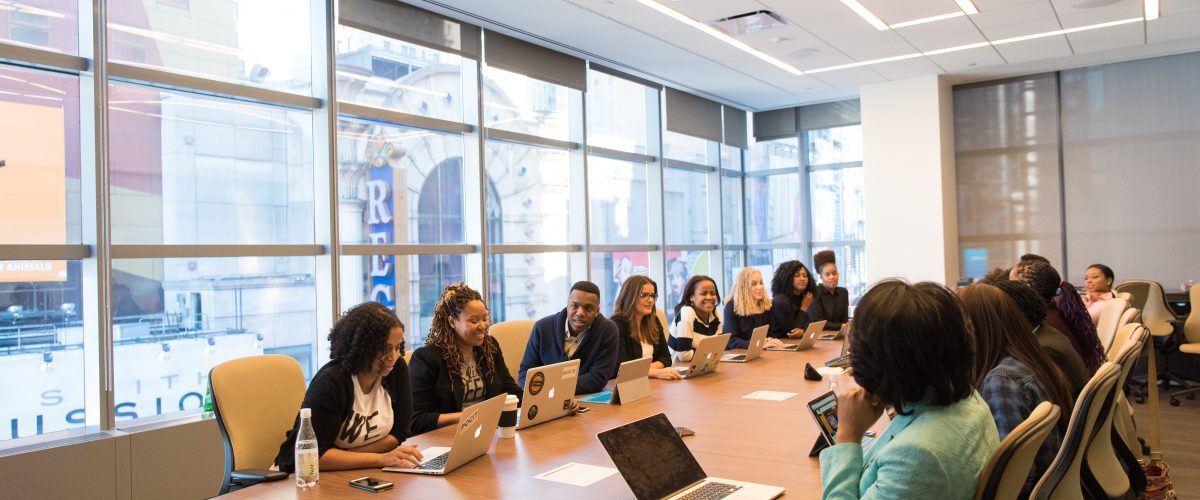
CU Denver Management Assistant Professor Dr. Kyle Ehrhardt co-published a study examining pre-training factors that influence the effectiveness of diversity education.
With an increasingly diverse workforce, most organizations and universities recognize the value of diversity training and education. However, there are unanswered questions regarding whether these trainings are effective and who it impacts the most. Are there other factors to consider in determining how effective these trainings are, including pre-training experiences, attitudes, and characteristics? Are there specific techniques that can be used to optimize these trainings for students and employees?

The study, by CU Denver Management Assistant Professor Dr. Kyle Ehrhardt and University of Wisconsin-Milwaukee Management Professor Dr. Belle Rose Ragins, seeks to answer these questions.
The Importance of Perspective-Taking and Cross-Race Friendships on Diversity Training and Education
Perspective-taking is the ability to consider alternative points of view and see the world from another’s perspective. This skill is considered critical for developing inclusive organizations, as it increases one’s ability to recognize racial inequalities and decreases their biases, prejudice, and stereotyping.
Ragins and Ehrhardt conducted field studies in organizations and academic settings to examine whether the diversity courses increased participants’ perspective-taking abilities and their attitudes and beliefs about the importance of perspective-taking and the need to improve this skill in their everyday lives.
“Our study found that, on balance, all participants experienced an increase in the importance of perspective-taking and their need to develop this skill”, said Ehrhardt. “However, only those with close cross-race friendships were able to improve their reported perspective-taking abilities.” Individuals with close cross-race friendships entered the training with a notion that the world is not necessarily just and placed greater value on diversity education. These pre-training beliefs may have motivated them to be more engaged in classroom experiences that increased their perspective-taking abilities.
The study also found that the effect of close cross-race friendships held even after the researchers controlled for other forms of interracial contact, racial attitudes, and beliefs.
Given the importance of cross-race friendships, Ragins and Ehrhardt conducted a third study that examined whether a simple perspective-taking exercise could increase participants’ willingness to develop cross-race friendships. At the beginning of a diversity course, the researchers randomly placed business students into two groups. One group was assigned a “day in the life” exercise in which they described the experiences of someone of a different race.“ This exercise increased participants’ empathy, which in turn influenced their willingness to develop cross-race friendships by the end of the course”, said Ehrhardt. “There was also an influence on “diversity voice,” which is a form of allyship that involves speaking up and offering suggestions of how to improve diversity in their workplace.”
How Organizations and Universities can Improve Diversity Training
The study’s findings affirm the importance of diversity education and offers a tool for educators and trainers to incorporate into their programming. By focusing on increasing participants’ willingness to develop cross-race friendships, diversity voice, and awareness of the importance of perspective-taking and need to improve this skill, steps can be taken to create a more inclusive workplace.

The implications of this study are far-reaching in supporting diverse student bodies and workplaces. Organizations and workplaces should be focused on generating opportunities for their employees or students to develop cross-race friendships. Opportunities may include integrated housing, diverse work teams, or hosting inclusive social events.
Diversity education and cross-race friendships provide a foundation for inclusive workplaces and community. By fostering the skills needed for effective perspective-taking, current and future employees can build bridges by better seeing the world from another’s perspective.


